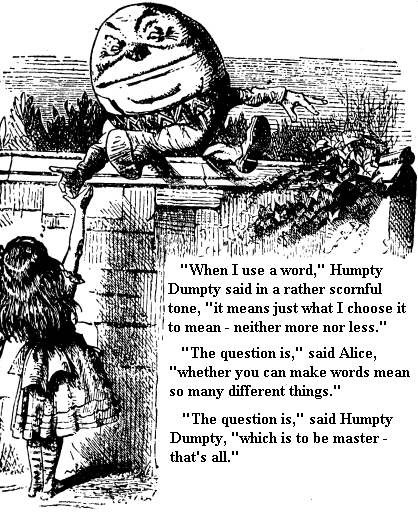The Speaker: George Philip, director of research and product development, Singulair, Merck & Co.
The Context: FDA and Merck have received some reports that users of the asthma and allergy therapy Singulair have committed, attempted, or seriously contemplated suicide.
I need not belabor why Mr. Philip's statement immediately rises to the head of an extremely crowded class. I will, however, take a few sentences of my and your life speculating on why it was uttered. I'll also do a little virtual impotent fist-shaking. That should be fun for the whole family.
Used as either a noun or a verb, "suicide" has a single, ugly meaning. Intentionally misusing the word to mean "attempting or thinking about taking one's life" robs "suicide" of its ugliness. And the usage can't have been unintentional. By the commutative principle, pretending that the completion of the act is the same as its attempt, Singulair doesn't cause a person to die after slashing his or her wrists.

The truth is, the drug may or may not cause big enough changes in users' body chemistry to play a factor in driving people to act on the inkling that suicide is a better option than gasping through to what is a predetermined conclusion anyway. I strongly suspect that the relationship is coincidental and, therefore, spurious -- mostly because a large number of Singulair users are very sick when they first start taking the drug.
What is really the issue for me is how easily a person was able to gut a word of its essential meaning. This is nothing new, of course, but it should always be decried.
Words, to coin a phrase, mean stuff. Exact meanings may change over time, but "suicide" can never and will never mean "attempted suicide." To act like it does is worse than being a proponent of Newspeak. It makes one Humpty Dumpty.
Who wants to be that guy?
1 comment:
"It's a funny old life. A man's lucky if he gets out of it alive."
--W.C. Fields
Post a Comment